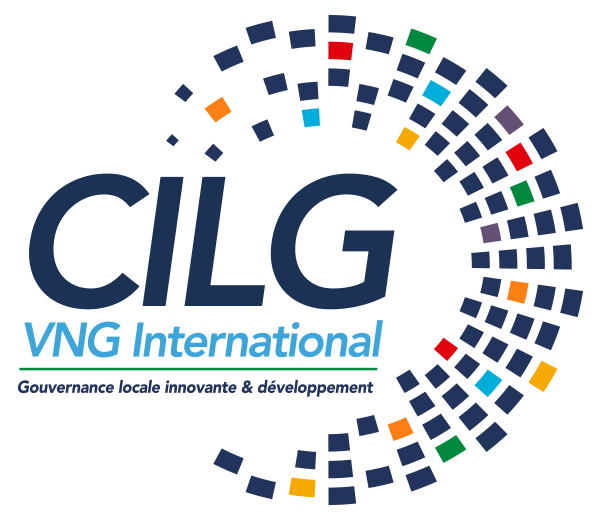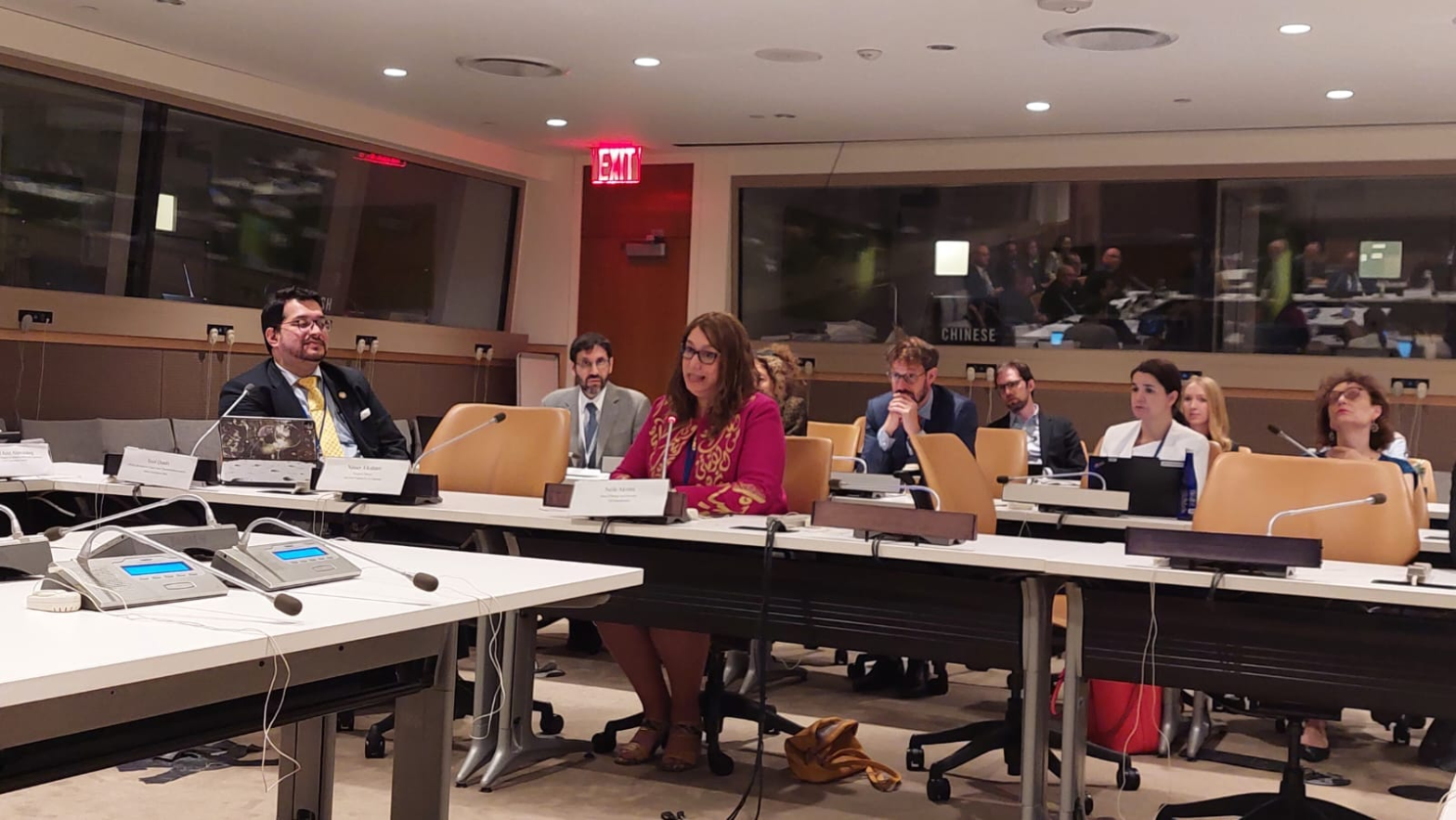Coming back on the last intervention of Dr. Neila Akrimi, DG of CILG-VNG International at UN General Assembly side event in New York last week, which was organised by UNDP and UN-HABITAT on “Sustainable Reconstruction: Accelerating an Inclusive and Sustainable Recovery in the Arab States Region.” It was a moment of reflection that Dr. Neila Akrimi shared with her fellow Panelists, an intellectual journey, a quest for a policy framework that could present a “modus operandi” to the Arab region dilemmas. In fact, successive political and economic shocks over the past thirteen years since the start of the Arab uprisings signal that the region’s political and economic orders are no longer viable. Given the diverse implications of the multiple crises, as well as the divergent paths adopted by different Arab countries to address them, it is no longer possible to view the Arab region as monolithic. The main question today is what kind of new order will replace it?
First observation: fragmentary measures no longer work. Instead, countries must adopt a holistic approach, based on the realization that meaningful reform must address political, economic, and social development. States must also adopt a new policy framework in which citizens are seen as resources, not threats, and are treated as an equal and necessary part of the decision-making process.
Such an approach must also acknowledge that environmental sustainability and human development are necessary. To this regard involving residents in the decision-making processes in the city is crucial for the proper development of the city and ensuring a sense of happiness. By 2050, more than 70% of the Arab countries’ population will live in urban areas, putting cities, and regional, governments in an important position to address pressing issues. This has been recognized in the SDGs, the 2030 Agenda for Sustainable Development, and other international agendas. In fact, the trend toward shared governance responsibility has increased over the past decades in the world, more central governments have transferred their powers and responsibilities to authorities at the subnational level. Thus, municipalities, regions, and their associations are responsible for delivering relevant public services, considering People, Planet, Peace, and Partnerships. In order to effectively fulfill their tasks Cities, local and regional authorities (LRGs)’ and local government associations’ (LGAs) in the Arab region are engaging in capacity reinforcement processes to reach a level of competences allowing them to serve higher purpose of public service. At CILG VNG International we are very happy that we have the privilege to have been engaging with several countries in the Arab region for capacity building processes believing in their important role creating effective local policies positively impacting lives of people.

